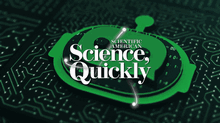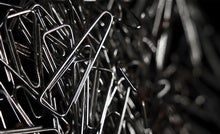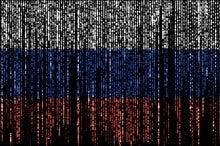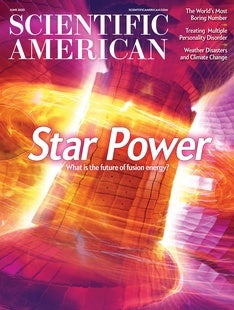 |
| July 14, 2023 |
 |
| |
| |
| |
| |
| |
| |
| Health Care Doctor AI Will See You Now ChatGPT and other AI programs can offer medical advice. But how good are they? |  | By Tanya Lewis,Josh Fischman,Carin Leong | 08:08 | | | |
| |
| |
| |
| |
| |
BRING SCIENCE HOME
 | | Time to Clean...Your Water! | 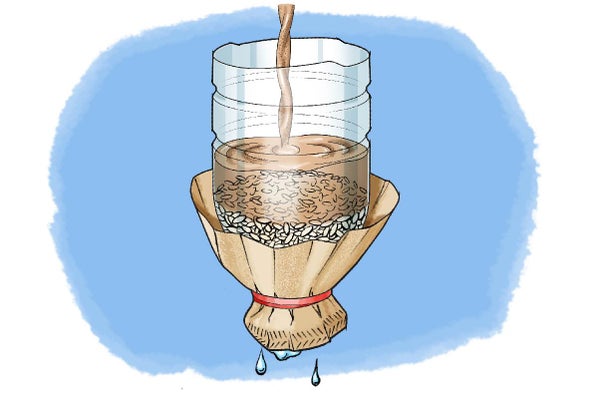 What goes on behind the tap? Learn how water filters work--and create your own! Credit: George Retseck | It's easy to take our clean water for granted, we're so used to being able to drink from a fountain or faucet whenever we're thirsty. But did you know more than a billion people in the world don't have access to clean water? Part of the problem is that cleaning (or purifying) water is not an easy task. Not only do you need to remove dirt and other debris but you also have to get rid of all the invisible bacteria and microorganisms that can make people sick. In this activity we'll explore a few methods for cleaning water, and learn about the steps involved in making sure you have safe water to drink when you're thirsty. | |  | |
LATEST ISSUES
 |
| |
| Questions? Comments?  | |
| Download the Scientific American App |
| |
| |








